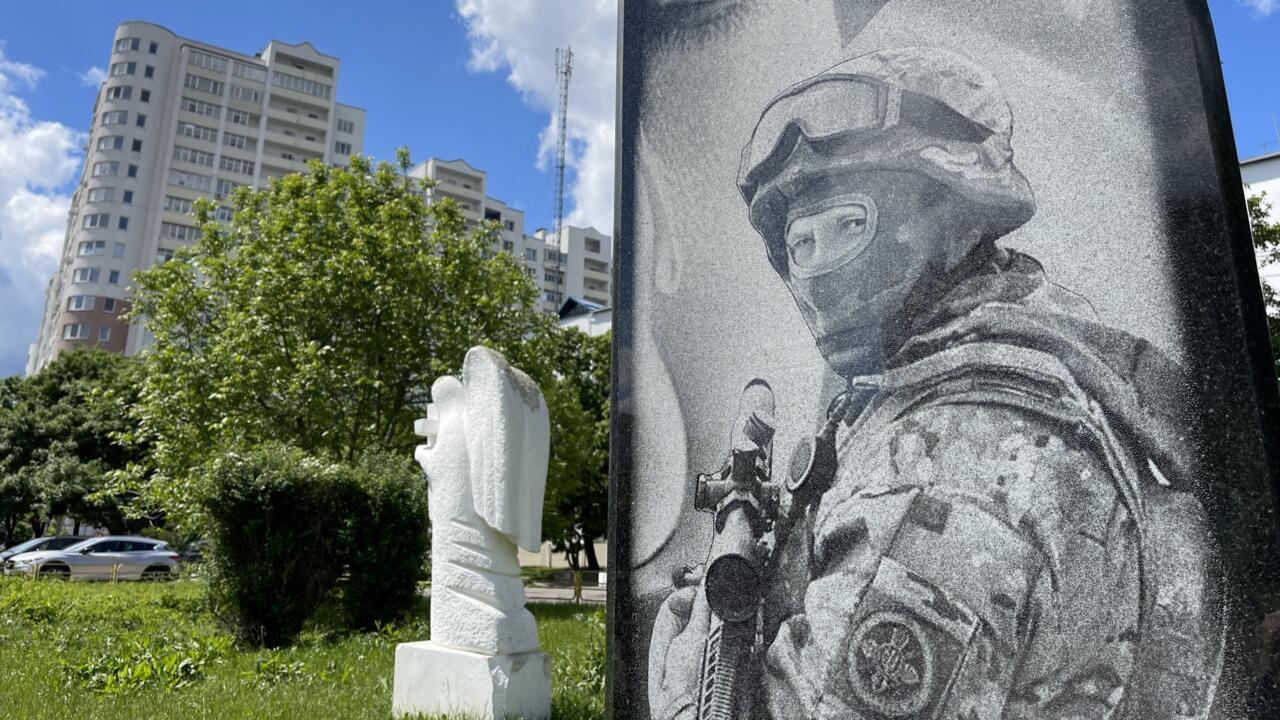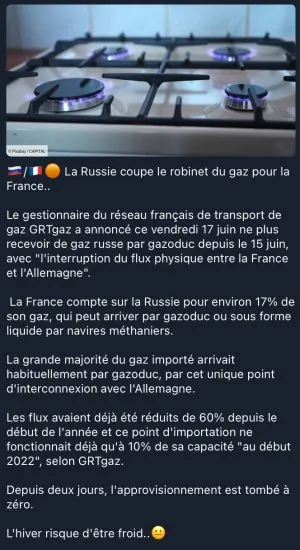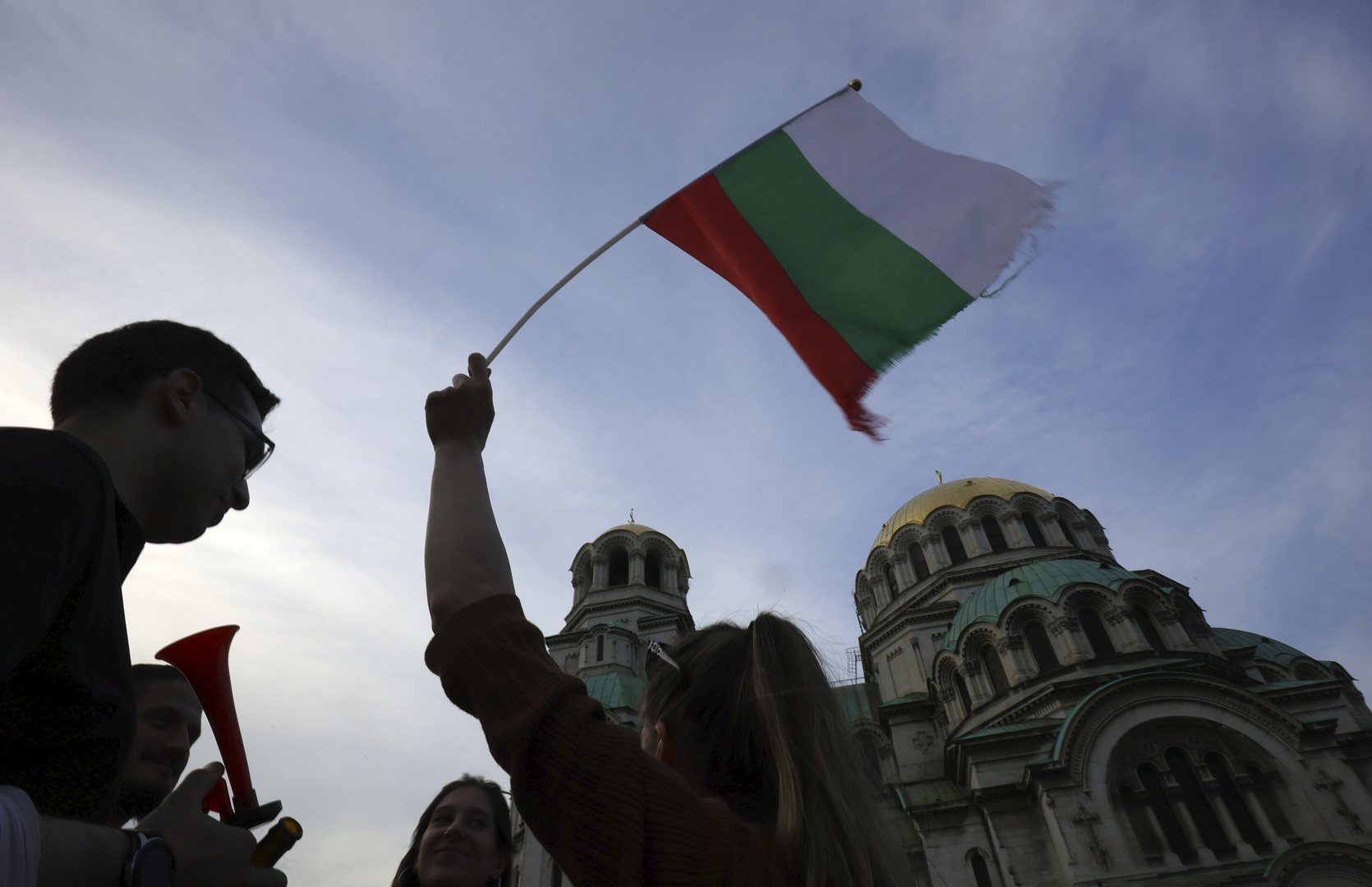Le principe de l' adhésion de Kiev à l’union européenne est acté.
Ou comment susciter encore plus d’angoisse, de colère et de détermination de la part des populations ukrainiennes russophones qui désormais ne pourront trouver leur salut que vers Moscou
C’est sans conteste possible jeter des barils d’huile brûlante sur une crise qui n’a déjà que trop duré.
De plus en plus de russophones se retournent contre Moscou. Marioupol est une ville russophone. Ils y sont pas allés dans la dentelle.
Selon Moscou, “l'opération spéciale” en Ukraine a, entre autres buts, la défense des populations russophones qui seraient persécutées par les nationalistes ukrainiens. Et pourtant, à Kiev et ailleurs…

www.france24.com
L'Ukraine n'a jamais été aussi unie que depuis le 24 février.
Face au géant russe qui tente de s’imposer par la force, l’identité ukrainienne semble s’affirmer au fil des combats. Plongée au coeur de la lutte d'une nation pour retrouver sa souveraineté.

www.arte.tv
Pour rappel, pendant la deuxième guerre de Tchétchénie, les russophones ont fini par se faire laminer comme les autres en se faisant traiter de chien.
"Nous ne nous emparons pas de nos villes, nous les libérons ", déclara le ministre de la Défense, Igor Sergueïev. Ça vous rappelle un truc ?
Extrait d'un article :
75).The majority of the victims of the massacres were Chechens, but they also included Russians, Ukrainians and people of other nationalities who had lived in Grozny since the Soviet era. Witnesses rarely specified the origins of victims, but some clearly indicated that Russians were executed (HRW, February 2000). One witness did indeed imply that there must have been a selection process, suggesting that Russians and Ukrainians were spared. But above all it seems that living in Chechnya was enough to make them suspicious in the eyes of the Russian troops.
Et pour ceux qui ne croient que les mensonges de Lavrov :
Rapes were carried out when Russian troops entered Chechnya. Human Rights Watch has gathered indirect information attesting to the rape of six women in Novye Aldi, of whom three were killed (HRW, June 2000). In Alkhan-Yurt, HRW gathered indirect reports of nine women who were raped (HRW, April 2000). In Staropromyslovsky, two girls were raped in front of their families before being killed (Dmitrievski et al., 2009). To these cases can be added others where there are clear signs that a rape had been committed, as in Staropromyslovsky where the naked body of a woman was found, or where soldiers had ‘spared’ a girl and taken her away with them (Dmitirievski et al., 2009).
Living in constant fear of rape, women did all they could to avoid it and to protect their daughters by hiding them or making them look ugly (HRW, April 2000; Zherebstova, 2011). But information on rapes not only tends to underestimate the numbers but is often hard to verify, since people are unwilling to talk about it or to name other victims. Sexual violence can often only be surmised between the lines of witness statements, as in the case of a young woman from Novye Aldi who, having described in detail the death of her stepfather and his neighbours, added: ‘I can’t clearly remember any more how I came to be in the tank, or how I got out again’ (Baisaev et al., 2000).
Rapes of women and men were also carried out in ‘filtration points’ and detention centres on Chechen territory – but the majority of witness statements come from the period before the one covered here. Men were subject to torture and sexual assault: humiliation by insults and feminine nicknames, forced nudity, electric shock torture on the genitals, anal rape with truncheon or gun (FIDH, October 2000; Amnesty International, 23/03/2000 and 8/06/2000).
Des camps de filtration ... Pauvres ukrainiens... On sait ce qui va se passer.
Spécial dédicace à
@Yancine.
Article traduit du français par Malcolm Imrie. This research has received support from the Émergence(s) programme of the City of .

www.sciencespo.fr







